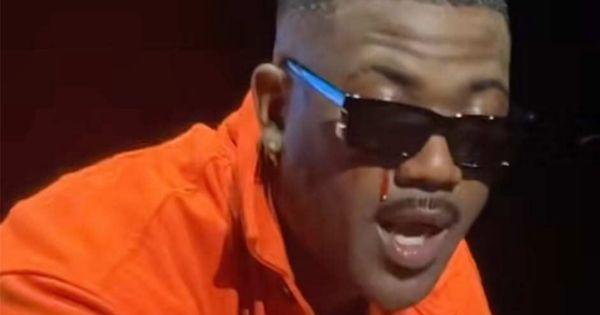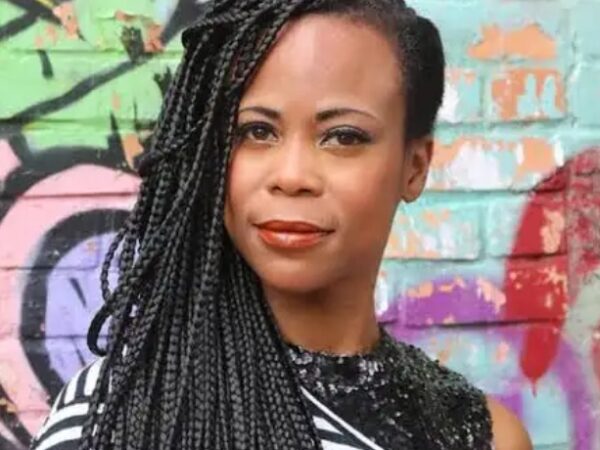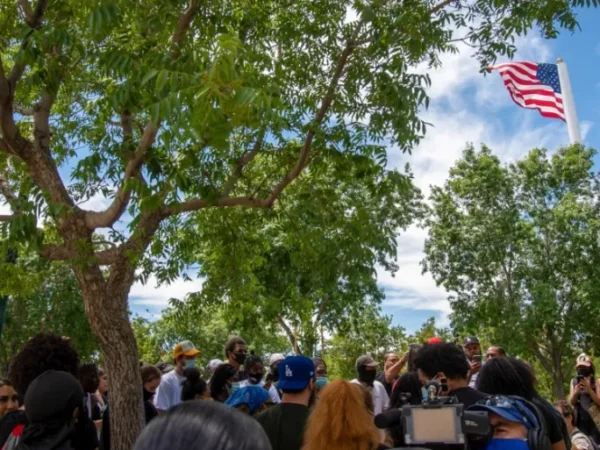SOURCE: musicbusinessworldwide.com
A judge has agreed to seal a redacted version of Kendrick Lamar’s recording contract in Drake’s ongoing dispute with Universal Music Group.
Over a week ago, Drake’s team filed a motion in federal court, seeking to gain access to internal UMG documents including Kendrick Lamar’s contract with UMG.
Judge Jeanette Vargas of the US District Court for the Southern District of New York has granted Drake’s team access a redacted version of the document.
“Plaintiff and UMG’s request… for permission to file under seal a contract between UMG Recordings, Inc. and Kendrick Lamar Duckworth, as produced by UMG in redacted form with the designation Attorney’s Eyes Only, is GRANTED,” according to Judge Vargas’ decision filed Friday (August 22), which you can read more details here.
Judge Vargas ruled that “UMG has made a sufficient showing that the information that he seeks to seal qualifies as confidential, ‘sensitive business information.’”
Indeed, the court found that “in this instance, the ‘interest in protecting confidential business information outweighs the qualified First Amendment presumption of public access’”.
“Plaintiff and UMG’s request… for permission to file under seal a contract between UMG Recordings, Inc. and Kendrick Lamar Duckworth, as produced by UMG in redacted form with the designation Attorney’s Eyes Only, is GRANTED,”- Jeanette Vargas, US Federal Judge
“Additionally, because the Lamar Contract reflects an ‘ongoing contractual relationship’ between UMG’s business partner and Lamar, the Court agrees that sealing the contract would best protect UMG’s ‘business relationships and interests, and the privacy interests of non-parties.’”
The ruling comes following months of discovery disputes with UMG in which Drake’s legal team argued that UMG’s redactions made the 22-page agreement “unreadable and incomprehensible.”
The contract is at the center of Drake’s case against UMG. The rapper is accusing UMG of having contractual authority over Kendrick Lamar’s music and deliberately chose to release and promote Not Like Us, which Drake claims contains defamatory allegations about him.
UMG had initially resisted producing the unredacted contract, claiming executives like CEO Sir Lucian Grainge, John Janick (Interscope), and Monte and Avery Lipman (Republic) were “apex custodians” exempt from discovery requirements.
However, Drake’s lawyers claimed that UMG later abandoned this argument after being presented with case law showing “there is ‘no blanket prohibition on taking discovery from high-level executives’” in federal court.
“because the Lamar Contract reflects an ‘ongoing contractual relationship’ between UMG’s business partner and Lamar, the Court agrees that sealing the contract would best protect UMG’s ‘business relationships and interests, and the privacy interests of non-parties.”- Jeanette Vargas, US Federal Judge
Drake’s lawsuit targets multiple UMG executives, alleging they approved content they knew was defamatory. Drake’s team claims Grainge and Janick were directly involved in publishing Not Like Us, while Avery and Monte Lipman, as the President/COO and CEO of Drake’s label Republic Records, allegedly failed to prevent its release despite Drake being signed to their label.
Earlier court filings show that Drake is pursuing extensive documentation from UMG, including “all Documents and Communications internal to UMG relating to the renegotiation or anticipated renegotiation of Drake’s current contract with UMG and/or negotiation of a new contract, including, but not limited to Documents and Communications discussing UMG’s leverage over Drake, the value of Drake’s Recording Catalog, the costs of extending Drake’s current contract, the costs of entering into a new contract with Drake.”
Drake’s lawyers also alleged inter-label competition with UMG, claiming that Janick was financially motivated “to have Interscope outperform vis-à-vis Republic.”
In response to Drake’s allegations, UMG’s layers called Drake’s complaint “hundred-plus page ‘legal’ blather” that ignores his own history of songs with “equally provocative taunts against other artists.”
UMG argued that it was Drake who initiated the exchange, writing: “Apparently, Drake’s lawyers believe that when Drake willingly participates in a performative rap-battle of music and poetry, he can be ‘defamed’ even though he engages in the exact same form of creative expression.”
They added: “Drake’s lawyers can also keep seeking to ‘uncover’ evidence of wild conspiracies as to why one song that upset Drake had massive global appeal, but there is nothing to ‘uncover.’ Except for this: by working tirelessly in partnership with our artists, we achieve global success for them and their music.”
The discovery process kicked off in April, weeks after UMG asked a judge for a stay of discovery in the lawsuit.






